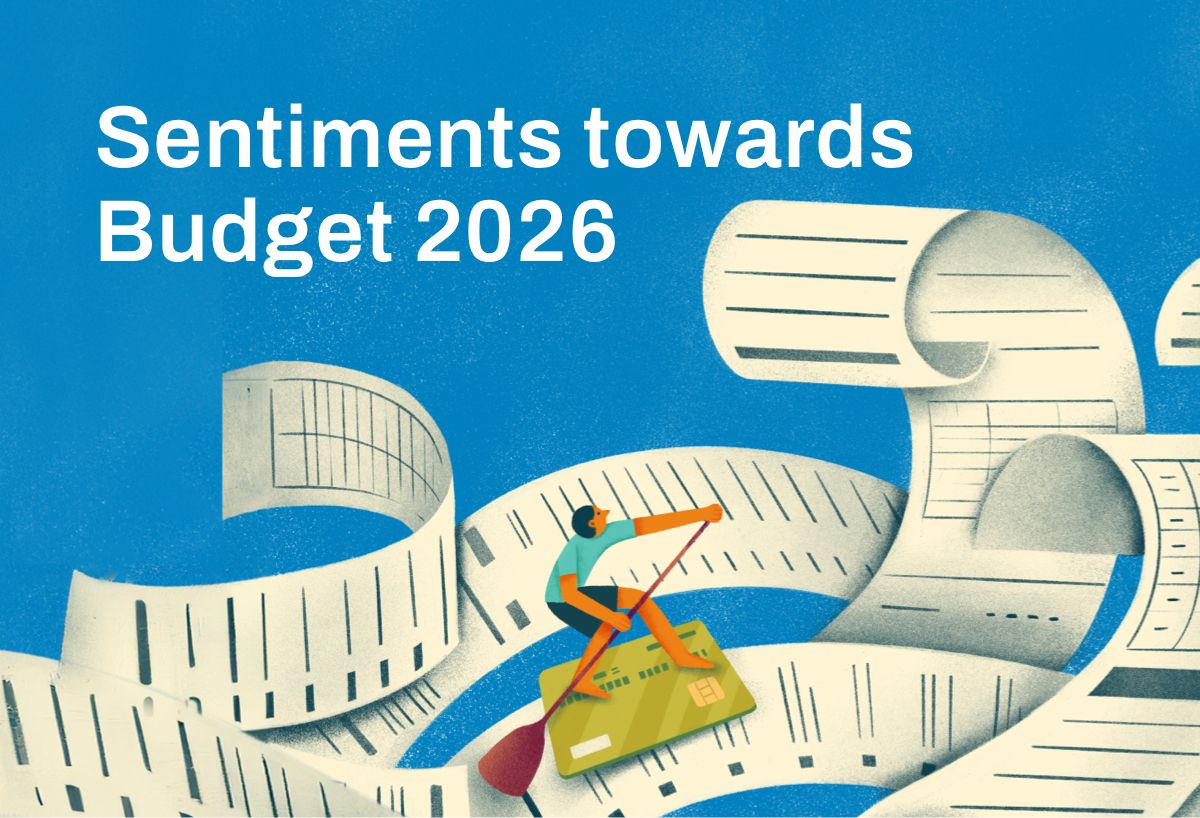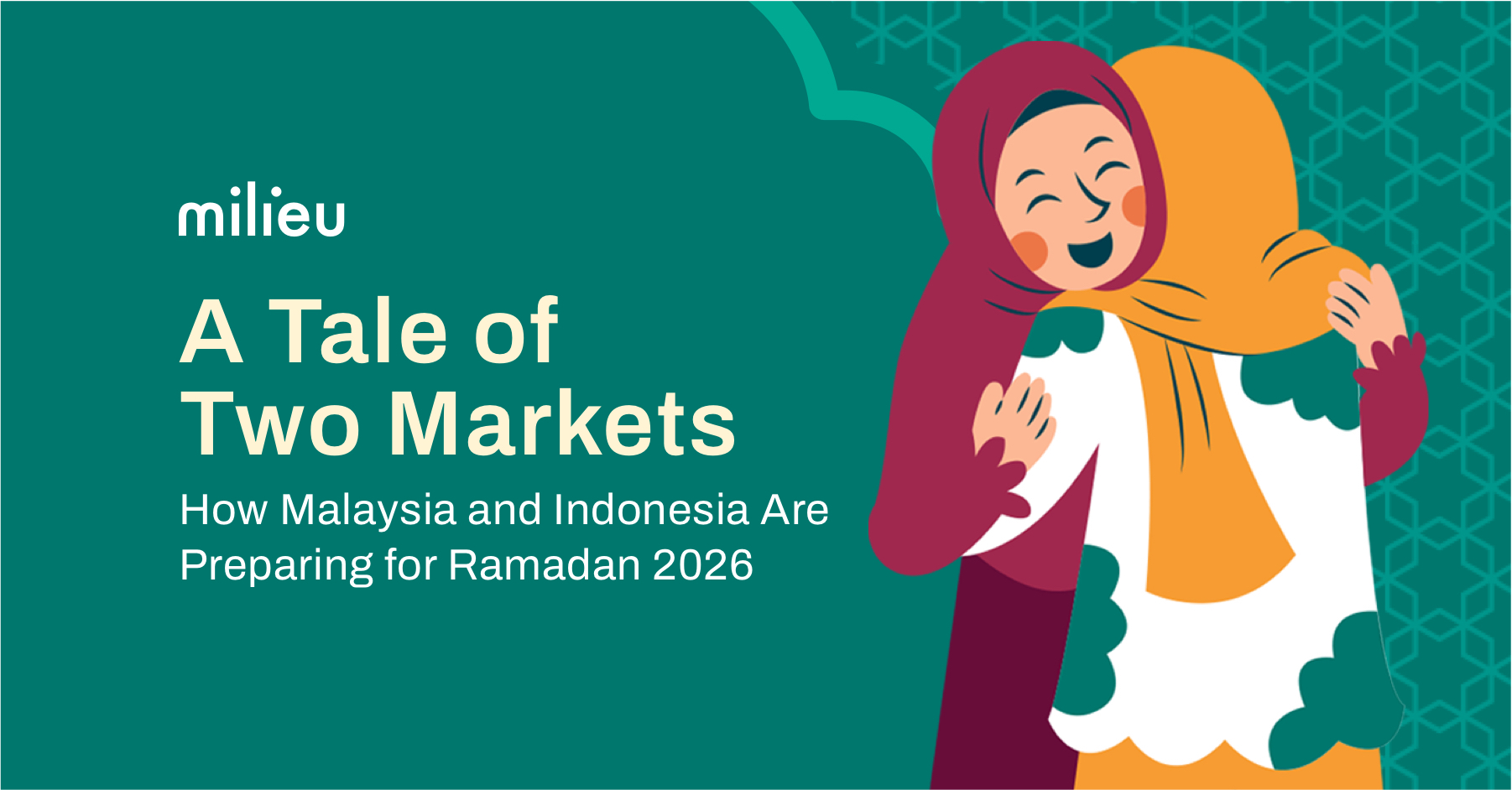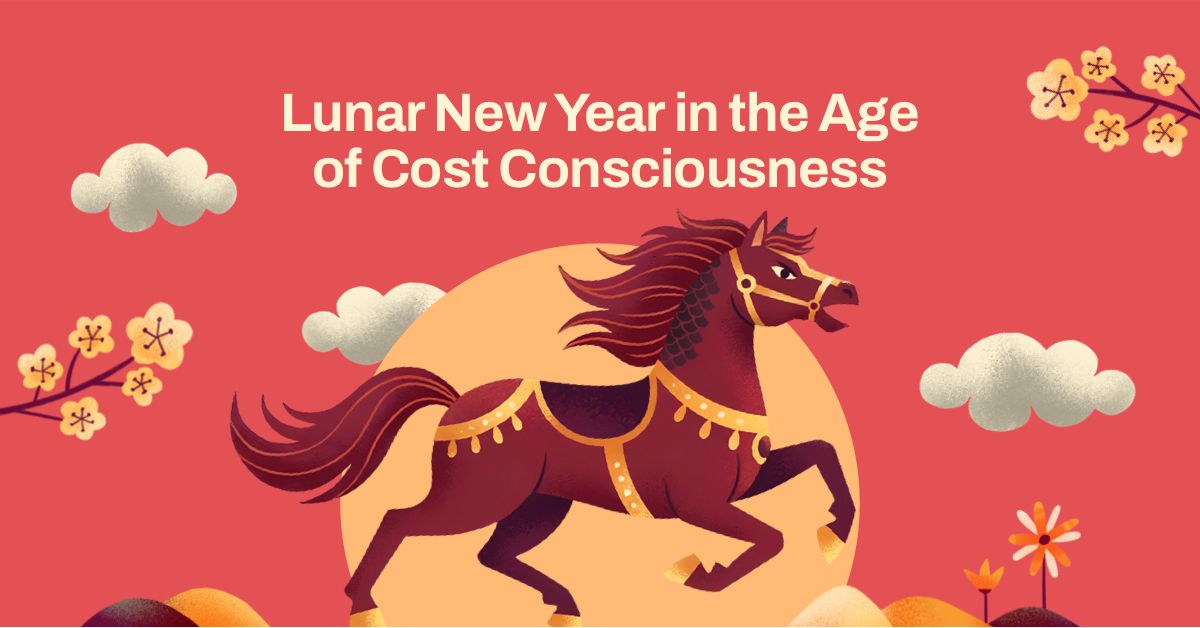Singaporeans reflect on their voting experience in GE2025

Singaporeans reflect on their voting experience in GE2025
The 2025 General Election (GE2025) has been a defining moment for Singapore’s political landscape. As the dust settles, a diverse cross-section of Singaporeans share their reflections on the election experience — from the excitement of first-time voters to seasoned citizens’ expectations of the new Parliament. Drawing on a comprehensive survey of 1,000 respondents across age groups, here’s an in-depth look at how Singaporeans felt, acted, and hoped during and after GE2025.
Voting participation and demographics
GE2025 saw high voter participation overall, with 84% of respondents confirming they voted. This participation grew with age—from 63% of 16-24-year-olds voting to a notable 94% among those aged 55 and above. First-time voters made up 11% of the overall sample, predominantly among the youngest group (51% of 16-24-year-olds), reflecting a wave of new voices joining the electoral process.
Interestingly, the youngest voters (16-24) also had the highest rate of abstention at 37%, compared to just 6% in the 55+ age group, suggesting that engaging youth remains a critical challenge.
Engagement and actions taken during the campaign
Singaporeans actively engaged with various sources to inform their voting decisions:
- Reading political manifestos was done by about 24% of respondents consistently across age groups.
- A significant 39% read independent media outlets like Jom and Mothership.sg, with younger voters (25-44) especially active here — over 50% in the 25-34 bracket.
- Social media and online forums were also popular: 33% turned to platforms like Reddit, and 26% followed political parties and candidates on social channels.
- Engaging in conversations with friends and family was the most common action at 32%, indicating the importance of personal discourse in election decision-making.
Meanwhile, 22% admitted they did not engage in any of these activities, with the highest non-engagement seen among the 55+ group (26%).
Campaign rallies attracted about 12% of respondents, slightly higher among 25-44-year-olds.
Perceptions of the campaigning period and cooling-off day
The nine-day campaigning period received mixed feedback:
- A majority (59%) felt the campaign duration was “just right,” with older voters (55+) most satisfied at 65%.
- 36% found the period too short, notably higher (45%) among the 45-54 age group.
- Only 5% thought the period was too long.
Regarding the cooling-off day, intended as a quiet day for reflection before voting:
- 52% agreed or strongly agreed it served its purpose.
- However, a significant 38% remained neutral, and 10% disagreed, suggesting that while useful, its impact may vary among voters.
Decision-making time and influencing factors
Most voters felt they had sufficient time to decide who to vote for:
- 28% said their decision time was “very sufficient,” rising to 35% among older voters (55+).
- Over half (53%) found it “somewhat sufficient.”
- Only about 20% felt the time was insufficient to make a choice.
When asked about what influenced their vote, several key factors emerged:
- The need for stability amid global unease and economic turbulence was a top priority for 35%, with this concern rising to 43% among older voters.
- Sound and reasonable policy suggestions influenced 36% overall, especially younger voters aged 16-34 (around 45%).
- The desire for a more balanced parliament mattered to 33%, while 34% sought a more effective and efficient Parliament.
- Assessment of the party’s management of their local constituency was important for 32% of voters.
- Notably, PM Lawrence Wong’s debut as a leader influenced 14% overall, higher among 45-54 and 55+ age groups.
Emotional responses and satisfaction with the results
Emotions about the election results varied, with notable differences across age groups:
- 31% of all respondents said GE2025 made them feel more politically engaged — this was highest among the youngest group (46% of 16-24-year-olds).
- 10% felt less politically engaged, with the 35-44 age group most likely to feel this way (15%).
- The majority (59%) said the election had no effect on their political engagement, with older voters (55+) the most neutral at 66%.
Looking deeper into ongoing political interest:
- Only 46% strongly agreed or agreed they would continue to be updated on politics post-GE2025, while nearly half (49%) remained neutral.
- Younger voters (16-24) were more likely to strongly agree (12%) or agree (38%) to stay politically invested.
As for motivations sparked by the election:
- 25% said they were motivated to engage in political discussions with friends and family, particularly younger voters (37% of 16-24-year-olds).
- 34% intended to follow political news more closely, with the 16-34 age groups leading here.
- Smaller proportions aimed to build political literacy (14%) or participate in civic processes like petitions or Meet-the-People sessions (10%).
- Around 9% were motivated to volunteer with NGOs or political parties.
Despite these, 45% admitted the election did not motivate them to take any of these actions, with the highest disengagement seen in older groups (52% of 55+).
Regarding satisfaction with the election results:
- 37% expressed positive feelings, highest among 55+ (44%).
- 39% felt negative, notably among younger voters (49% of 16-24).
- Neutral feelings were common at 41%.
Expectations for the new Parliament
Looking ahead, Singaporeans voiced clear expectations for Parliament’s focus:
- Cost of living, healthcare, and housing topped concerns at 62%, especially among older voters (71% of 55+).
- Many called for more parliamentary questions on policies (26%) and tighter checks and balances (31%).
- Economic matters were important: 37% wanted more discussions on economic competitiveness, and 31% on inequality.
- Immigration and foreign labour discussions were expected by 28%.
- Increased scrutiny of public spending was emphasized by 30%.
- Constitutional or electoral reforms were expected by 17%.
Hopes for Singapore’s future
When asked about the top five words they hope will define Singapore’s future, respondents chose:
- Safe (61%) — a strong, consistent hope across all ages.
- Resilient (44%) — especially valued by middle-aged and older groups.
- Compassionate (31%) and Clean (30%) — reflecting societal values.
- Sustainable (34%) and Innovative (24%) — highlighting aspirations for progress and responsibility.
- Other aspirational traits included Inclusive (22%), Just (17%), and Kind (20%).
Overall the survey results highlight that GE2025 stirred a mix of political engagement and emotional responses across generations, with younger Singaporeans showing greater motivation to engage politically but also more dissatisfaction. Older voters tend to be more positive and focused on stability and policy effectiveness. As the new Parliament takes shape, these varied voices will likely influence Singapore’s evolving political landscape and its future trajectory.

Author
Milieu Team
At Milieu, we’re a team of curious minds who love digging into data and uncovering what drives people. Together, we turn insights into stories—and stories into action. We also run on coffee, deadlines, and the occasional meme.





